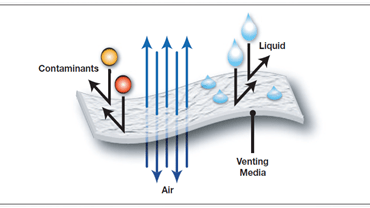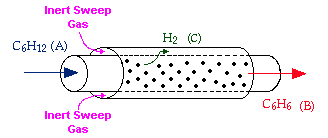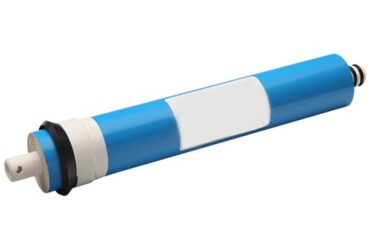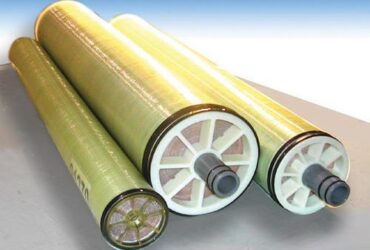Membrane filtration is a process that uses membranes to remove the suspended particles from wastewater. Such a process is operated under pressure or vacuum; such membrane technology is generally based on the process of ultrafiltration and microfiltration. The membrane is used in wastewater treatment procedures either as a separate unit operating downstream of the biological process or integrated within it.
Significance of wastewater treatment:
Recently, water gets contaminated with heavy metals, cyanides, chemicals, and dyes that need separation or purification to improve the efficiency and utility of water. It is a global issue, and every country faces this problem that needs to be rectified to improve the standard quality of water.
The membrane technology is the most efficient technology that helps renew the water for human conception and even for agricultural processes with specific limitations.
Nanotechnology is an efficient and potential way of wastewater treatment that helps in improving the efficacy of the water in wastewater treatment plants. The technology also promotes the water supply by using safe and modern sources.
Various types of membrane processes:
The types of membrane process that helps in treating wastewater in water plants are as follows.
- Microfiltration
- Ultrafiltration
- Nanofiltration
- Forward Osmosis
- Reverse Osmosis
The limitations applicable to membrane technology include membrane sensitivity and toxicity; hence, researchers have conducted several research processes to overcome membrane technology. So far, research has proved that membrane technology is a very promising method of wastewater treatment that increases the water quality through its process.
Benefits of wastewater treatment:
Wastewater treatment includes several benefits, an essential aspect of industrial operations. Wastewater treatment aims to improve the health of different existing ecosystems by properly treating the wastewater. The improved efficiency and quality of wastewater benefits in the following ways
- The technology prevents waterborne pollution and diseases
- It safeguards health and safety
- It improves the efficiency of water
- The technology also increases the by-product recovery
- It avoids industrial equipment damage
- It helps in minimizing the wastage
- It saves money
- Increases the possibilities of safe and clean processed water
The necessity of wastewater treatment:
Wastewater treatment is significant and beneficial for the manufacturing units and other industrial requirements. Wastewater treatment enhances productivity and promotes effective processes by using efficient industrial operations.
The technology is also necessary to protect humans and the ecosystem from harmful and other toxic elements present in wastewater. Membrane technology helps in speeding up the natural process of water purification.
Moreover, water consumption is increased to a greater extent to meet up the water requirements of the increased population. Wastewater treatment helps the human society to make the use of water requirements by making the wastewater into usable water by using technology.
Hence, membrane technology is one of the best technologies that support the world by supplying good quality, clean and safe processed water.
Conclusion:
Membrane technology is the most wanted technology for humanity and the ecosystem that helps meet the global water requirements in an improved way.





